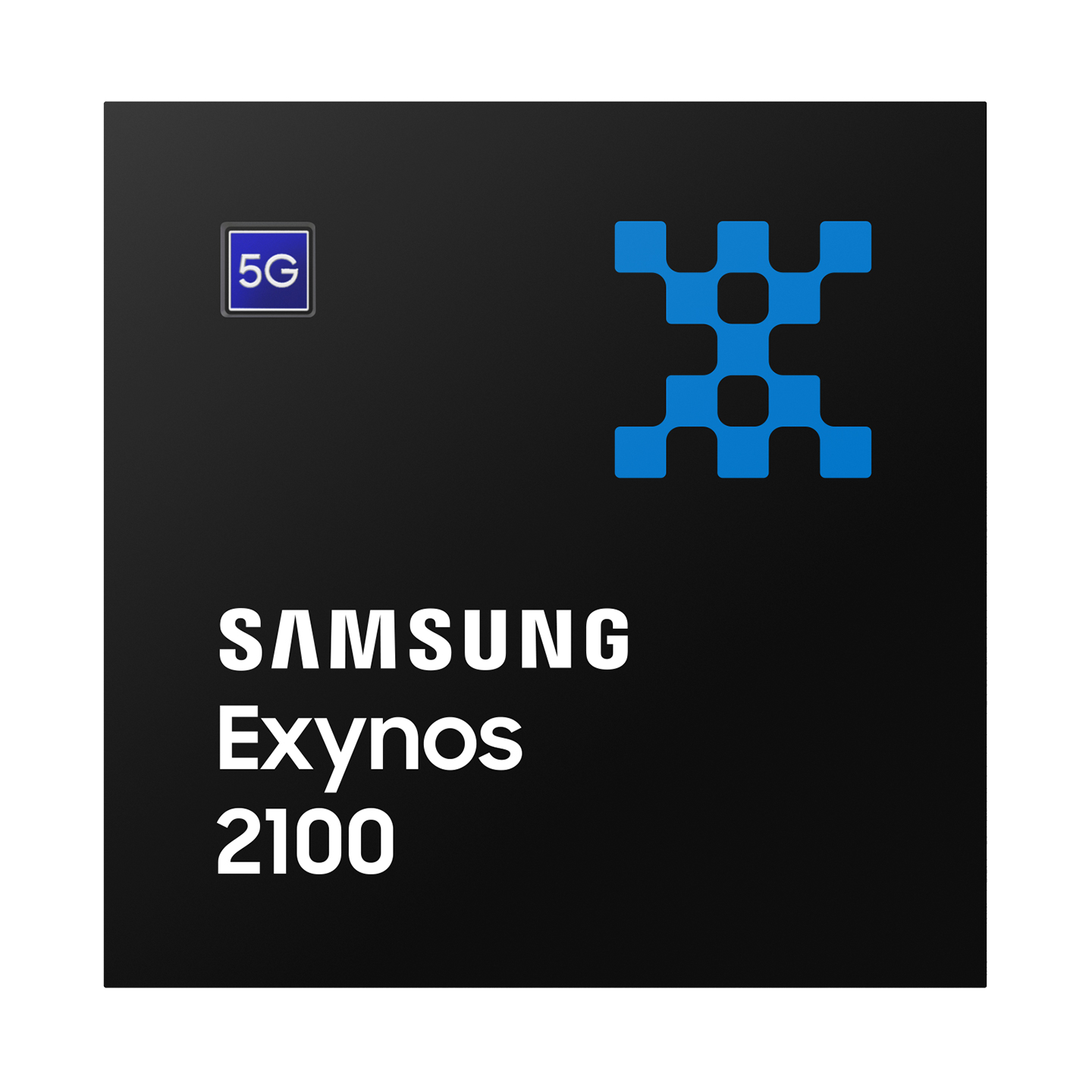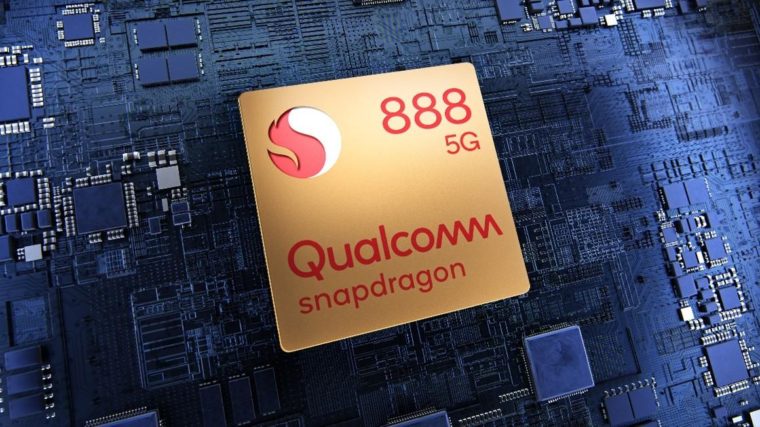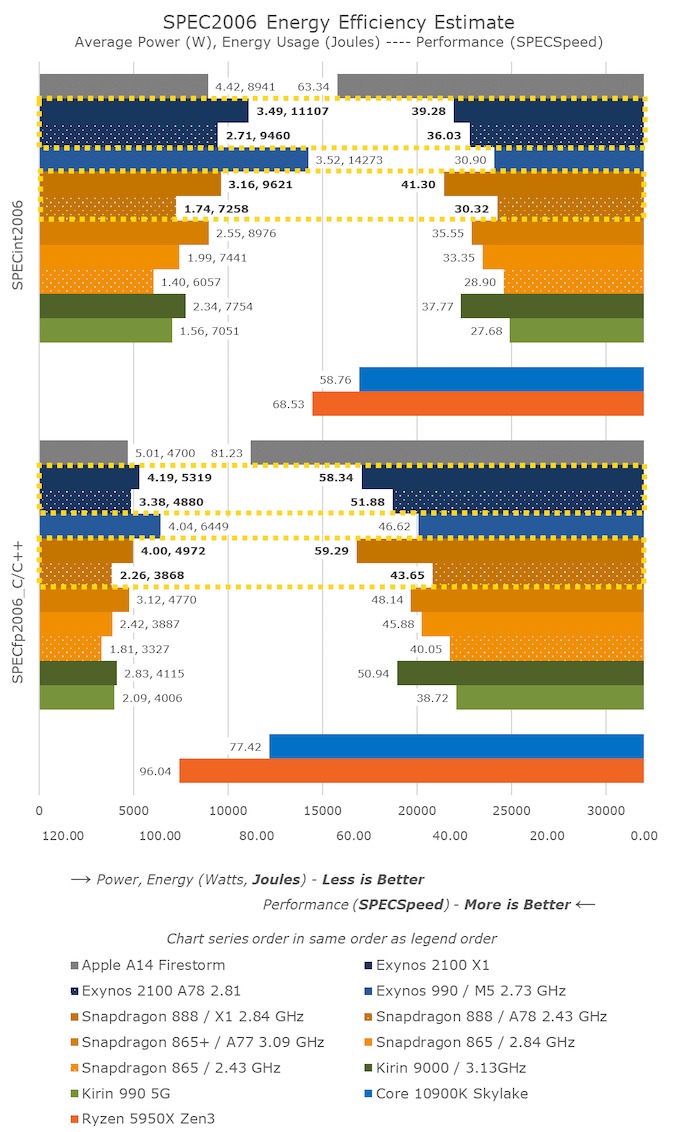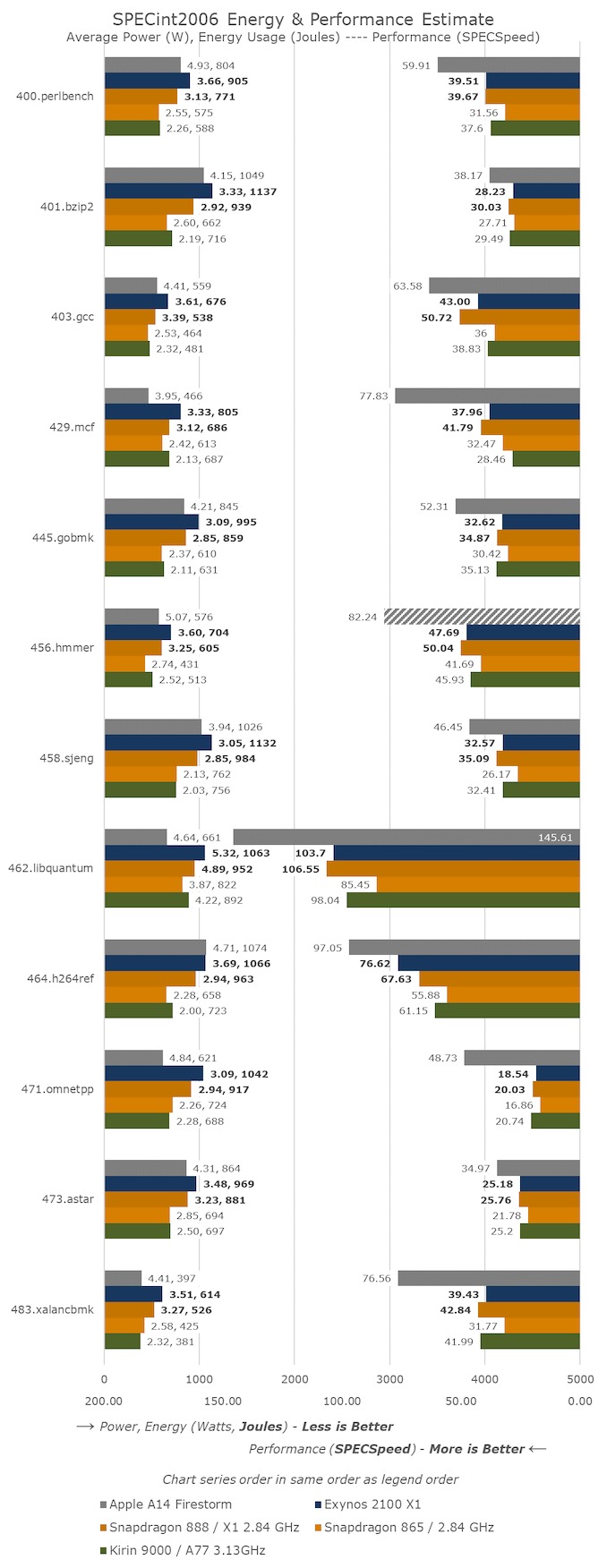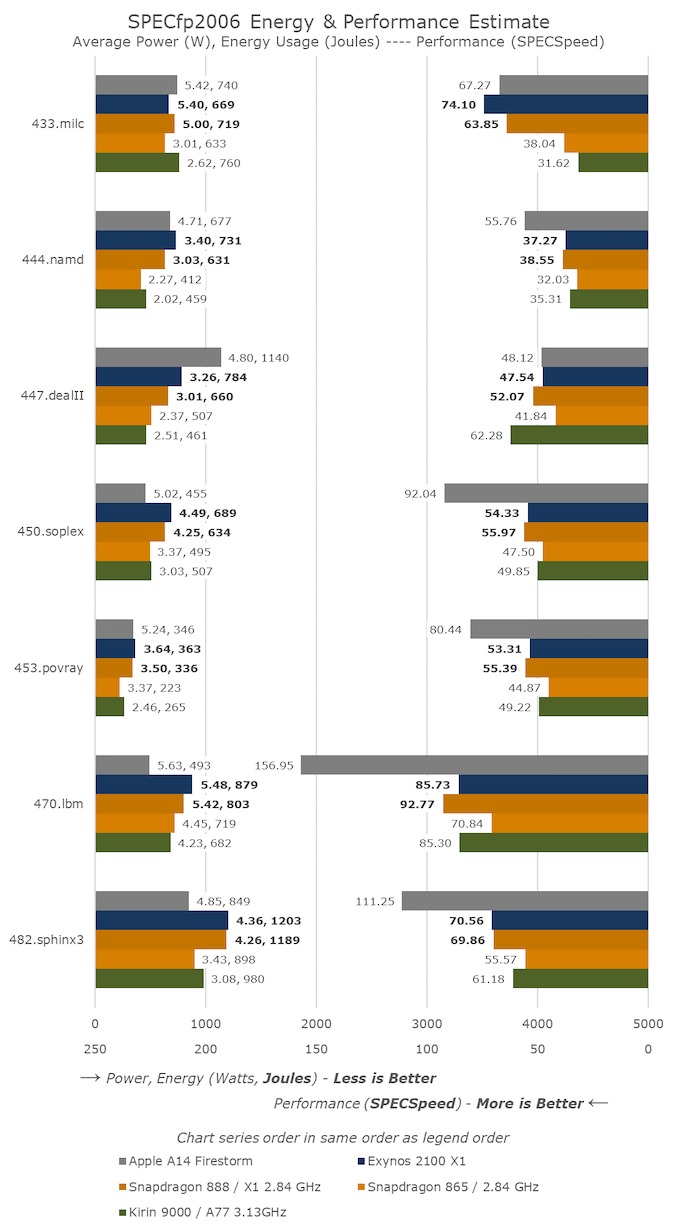Samsung's flagship chip Exynos 2100 it is a huge step forward in terms of performance and energy efficiency compared to its predecessor Exynos 990, but it still lags behind the Snapdragon 888 chip. The website AnandTech has done a thorough analysis of the Exynos 2100's performance and energy efficiency, comparing it to Qualcomm's top-of-the-line chip.
The test included Exynos 2100 and Snapdragon 888 variants of the phone Galaxy S21Ultra. In the single-core test, the Exynos 2100 turned out to be 27% faster than the Exynos 990 (Samsung claims a 19% improvement). However, when it comes to memory latency, the new chip performed worse compared to its predecessor - 136 ns vs. 121 ns.
The Snapdragon 888 outperformed the Exynos 2100 in most tasks while consuming less power. Samsung's latest chip experienced earlier performance throttling than Qualcomm's chipset, resulting in lower performance under long-term load. Even though AnandTech editors put the Exynos 2100-powered Ultra in the freezer during testing, it performed similarly to the fan-cooled Snapdragon 888-equipped Ultra. This means that the Exynos is very likely to throttle performance in real-world applications.
The Mali-G78 graphics chip in the Exynos 2100 was 40% faster than the Mali-G77 GPU used by the Exynos 990. However, it was only as powerful as the Adreno 650 GPU in the Snapdragon 865+ chipset under long-term load. Although the Adreno 660 GPU in the Snapdragon 888 is better than the Mali-G78, both chips consume a lot of power (roughly around 8W) and began to throttle performance after a few minutes, settling at "plus or minus" 3W.
The Exynos 2100 appears to consume 18-35% more power than the Snapdragon 888, which affects battery life results. A battery life test that included the PCMark Work 2.0 benchmark and web browsing showed that the Snapdragon 888 Ultra lasted longer on a single charge than the Exynos 2100 Ultra. Samsung's latest chip actually performed worse in these tests than last year's Exynos 990-powered "esque Ultra, however, it is not excluded that it was an anomaly.
Samsung has definitely improved from last year, but if it wants to win over Qualcomm next year, it will have to try even harder. Its System LSI division will need to improve processor performance and Samsung Foundry to improve the efficiency of the 5nm process.
You could be interested in
